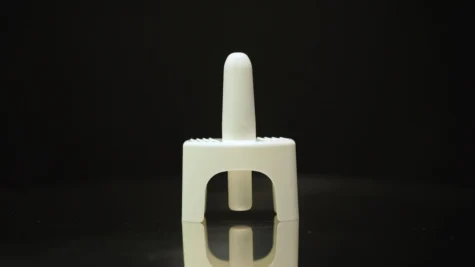Many people who suffer from addiction often think they are fighting alone. But you’re never really alone, even when it seems that way.
Keep reading to explore the impact of social isolation on mental health in recovery, find out why those with addictions often experience isolation, and explore ways to overcome these feelings.
The Impact of Social Isolation on Mental Health During Recovery: A Lonely Road
Social isolation is a complex phenomenon. On one hand, it can offer a necessary space for self-reflection and healing. On the other hand, excessive isolation can breed loneliness, depression, and anxiety, making relapse more probable.
Mental well-being during recovery is profoundly affected by social isolation. Here are a few ways in which this manifests:
- Depression and anxiety: Individuals may feel sadder or more anxious when there is no interaction with others.
- Decreased self-esteem: When interactions lack positive reinforcement, self-worth may suffer.
- Heightened stress levels: Isolation makes stress worse, thus complicating recovery processes.
- Increased risk of relapse: There is a higher likelihood of relapse without support networks.
- Lack of accountability: People may regard their behavior less seriously when they have no social connections, which could be problematic.
- Limited coping mechanisms: Unhealthy ways to deal with emotions become prevalent because solitude restricts access to healthy coping mechanisms.
Social isolation has negative impacts on mental illness throughout rehab. However, why does it occur so frequently among people in recovery?
What Causes People With Addictions To Feel Alone?
It is essential to understand why people experiencing addiction become isolated. Below are some key reasons:
- Stigma: Society often stigmatizes drug addicts, making them retreat from friends and family.
- Self-isolation: Some people isolate themselves due to guilt or shame related to their addiction.
- Lifestyle changes: To adopt a sober lifestyle, one may need to move away from old friends who still abuse substances.
- Lack of support: Some people in recovery may not have anyone else besides their treatment team who understands what they’re going through.
- Mental health issues: Along with isolation, comorbid mental health disorders can affect relationships with others.
- Physical health issues: Chronic illness related to substance abuse makes an individual pull away from social activities and feel isolated at times.
- Financial strain: Transitioning into recovery entails significant lifestyle changes that can bring financial difficulties and reduced social connections.
Therefore, these underlying problems must be addressed to reduce the chances of social isolation during addiction recovery.
Breaking the Impact of Social Isolation on Mental Health in Recovery
Fortunately, it is not all gloom and doom. There are ways to deal with social isolation during a period of recovery:
- Reach out: Talk to your loved ones without hesitation or join support groups.
- Therapy: Get professional help for coping strategies when alone
- Education: Get involved in workshops or educational programs that teach about addiction and connect you with others on the same journey.
- Volunteer: Giving back to others can enhance feelings of purpose and connection.
- Pursue new interests: Discover new hobbies that go well with your sober living lifestyle and involve yourself in communities around them.
By actively addressing social isolation, individuals in recovery can break through the walls, preventing them from building and maintaining healthy relationships.
The Importance of Peer Support
Overcoming social isolation during recovery relies heavily on peer support. Connection with people who have gone through similar experiences as you do can bring understanding, acceptance, and hope. Surrounding oneself with those who appreciate addiction challenges and offer non-judgmental assistance is crucial.
Building a Recovery Community
Developing a solid supportive network is essential to recovering from social isolation. This could include family members, friends, therapists, mentors, or fellow recovering addicts.
The people you get help from should be diverse and give out different kinds of support. Regular interaction with these individuals will assist in curbing loneliness while also providing motivation during tough times.
Southern Sky Recovery: Your Ally in Decreasing the Impact of Social Isolation on Mental Health in Recovery
At Southern Sky Recovery, we understand the healing process can be isolating following substance abuse treatment. We want to change that.
We are a family-focused drug rehab in Bluffton, SC, with staff who genuinely care about our clients’ well-being. We offer Bluffton intensive outpatient programs (IOP), partial hospitalization programs (PHP), outpatient services, and telehealth options for your convenience. Always remember that recovery doesn’t have to be a lonely path to travel.
Contact us now so that we can walk together through this path. The sky’s the limit when you have the right people around you!



